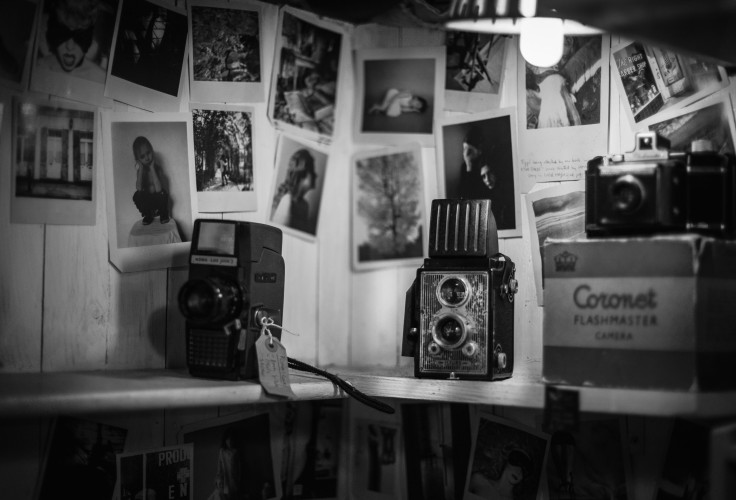Are Your Memories Real? How To Spot True And False Childhood Reminiscences; Plus Therapy For Dementia Patients

We walk into the kitchen and get a whiff of freshly baked chocolate chip cookies; the smell takes us back to a time when we baked with grandma. This childhood memory lives vividly in our mind as we recall every single detail, from the way the cookie tastes to how full they made us feel. But, if we looked at a photo of us baking, we may recall this childhood memory differently, and even inaccurately.
In the video, "Do You Know If Your Memories Are Real?" Life Noggin explains scents are powerful triggers of episodic memory — mentally traveling back in time to relive something in the past. They usually result in more vivid and emotional memories compared to those triggered by our other senses. Researchers attribute this to the layout of our brain, where the the olfactory bulb, which processes odors, is connected to two important structures involved in memory and emotion: the hippocampus and the amygdala. The hippocampus is involved in storing long-term memories, and the amygdala is involved in processing emotions.
Read More: Why The Brain Remembers And Forgets, Plus 3 Ways To Improve Memory
Similarly, we rely on photos to remember the past, but they're not always the most accurate. In a 2004 study, researchers showed participants four photos — three of which were real pictures from their childhood, and one that was a Photoshopped photo of the participant and their family taking a hot-air balloon ride. They reviewed all four photos three times over two weeks and by the end of the study, half remembered the balloon ride and described it in great detail. These images led people to remember something that hadn't actually happened. But, this doesn't mean they're completely unreliable. If we see an undoctored photo, we'll likely remember the event as it happened.
Pictures are also an excellent way to help people with dementia. Reminiscence therapy is sometimes used to get dementia patients to talk about their past experiences with other people via photos, music, stories, and other things to cue certain memories. Moreover, there's some evidence that suggests it can improve mood and cognition.
More research is needed to verify the efficacy of this therapy, but a little bit of improvement can go a long way with dementia.
See Also:



























